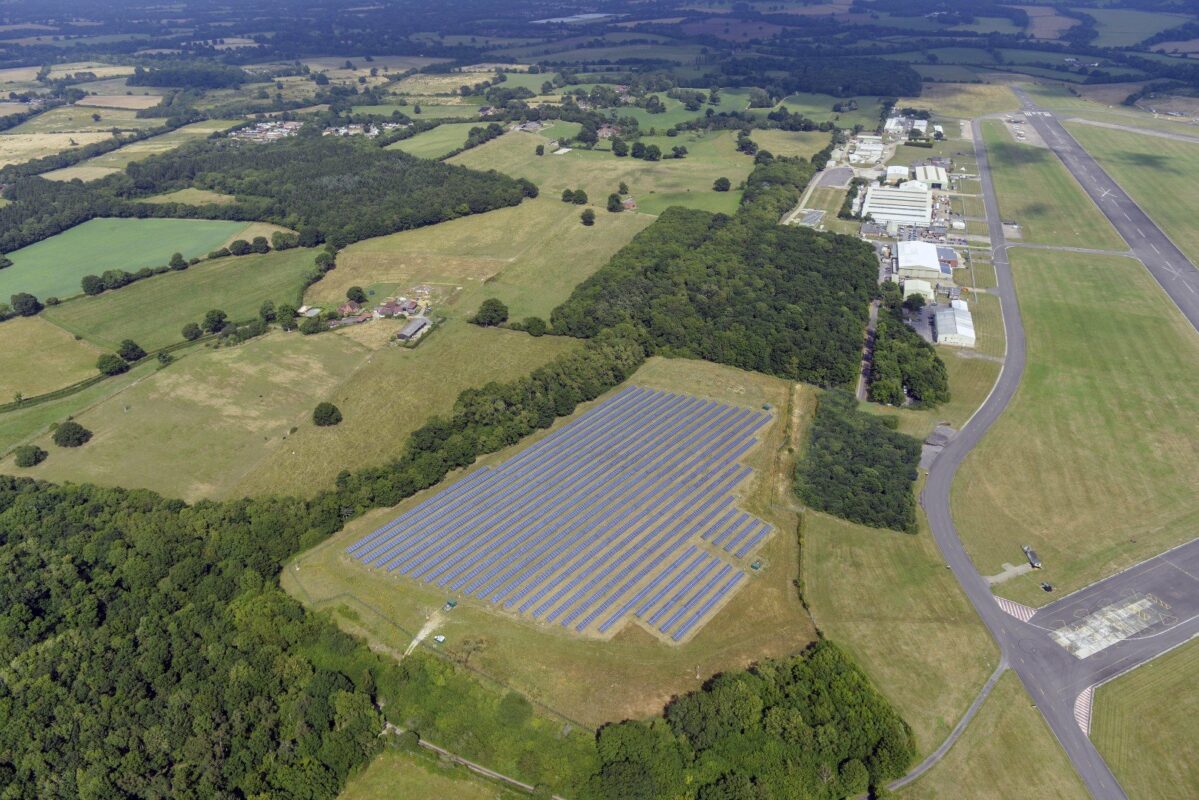
The final consultation on the Republic of Ireland’s long-awaited support scheme for renewable energy projects has been confirmed for July as expectations of solar deployment continue to rise.
The Department of Communications, Climate Action and Environment (DCCAE) confirmed via Twitter earlier this week that the final consultation on the new Renewable Electricity Support Scheme would be published next month.
The Dept. will publish a final consultation on the Renewable Electricity Support Scheme in July – @DenisNaughten @energyireland
— dccae.gov.ie (@Dept_CCAE) 13 June 2017
Publication had been expected in Q1 2017 but DCCEA has remained silent up to now on the schedule of its work.
Speaking at Solar Media’s PV Ireland event in November, Irish Solar Energy Association (ISEA) director David Maguire had said his most recent meetings with DCCEA suggested the first auctions under the scheme would take place in early 2018. Maguire this morning told Solar Power Portal this is now more likely to occur in Q2 or Q3 next year.
Speaking at the Energy Ireland event on Tuesday 13 June, DCCEA minister Denis Naughten explained that the scheme, which will be designed to assist Ireland in meeting its renewable energy contributions to the EU’s 27% target by 2030, would focus on community ownership and benefits.
“If a renewable project wants to be supported under the new scheme, paid for by all customers, it will have to meet community based criteria,” he said in reference to community benefit payments and opportunities for community investment in all renewable projects.
He continued: “I am not talking about solar panels for community centres or football jerseys for local GAA teams; I am talking about citizens having the opportunity to invest in, and own, and financially benefit from, renewable energy projects, in their area.
“Government's job is to ensure the new scheme is optimally designed to deliver a least-cost outcome for the customer, and we can and will focus on what we can control. Competitive auctions will drive down costs, as only the most economically viable projects will get built.”
The announcement comes as EirGrid, the state-owned electric power transmission operator in Ireland, updated its projections for solar deployment to 2030.
In a similar exercise to National Grid’s forecast methods, EirGrid recently conducted a consultation on Tomorrow’s Energy Scenarios, a new method of planning for how energy will be used and where it will be sourced from.
Out of the four proposed scenarios, Low Carbon Living, in which high economic growth and public demand encourage the rollout of low carbon electricity generation, predicted ~1.9GW of solar. Meanwhile Consumer Action, which proposes high levels of consumer spending ability would result in a large number of community led energy projects, would result in ~1.2GW.
The consultation closed in April and Fintan Slye, chief executuie of the EirGrid Group, said on Tuesday that its future scenarios had now been rounded up to reflect responses from the industry.
“We received strong feedback from industry that we had set out relatively low levels of solar energy in our scenarios out to 2030. Further evidence was provided to us on the continued decrease in industry prices and the pace at which the technology has been rolled out in many of our neighbouring European countries.
“In response to this, we plan to increase the maximum level of solar generation seen in our 2030 Low Carbon Living and Consumer Action scenarios to 2.5GW and 1.5GW respectively,” he said.
Slye added that these increases will be coupled with increased projections for the rollout of battery storage technologies, both at utility and household level, in all scenarios.
“Storage devices will become an important element for the future electricity system by both providing flexibility and helping to alleviate curtailment of renewable generation at times where its output exceeds system demand,” he said.

